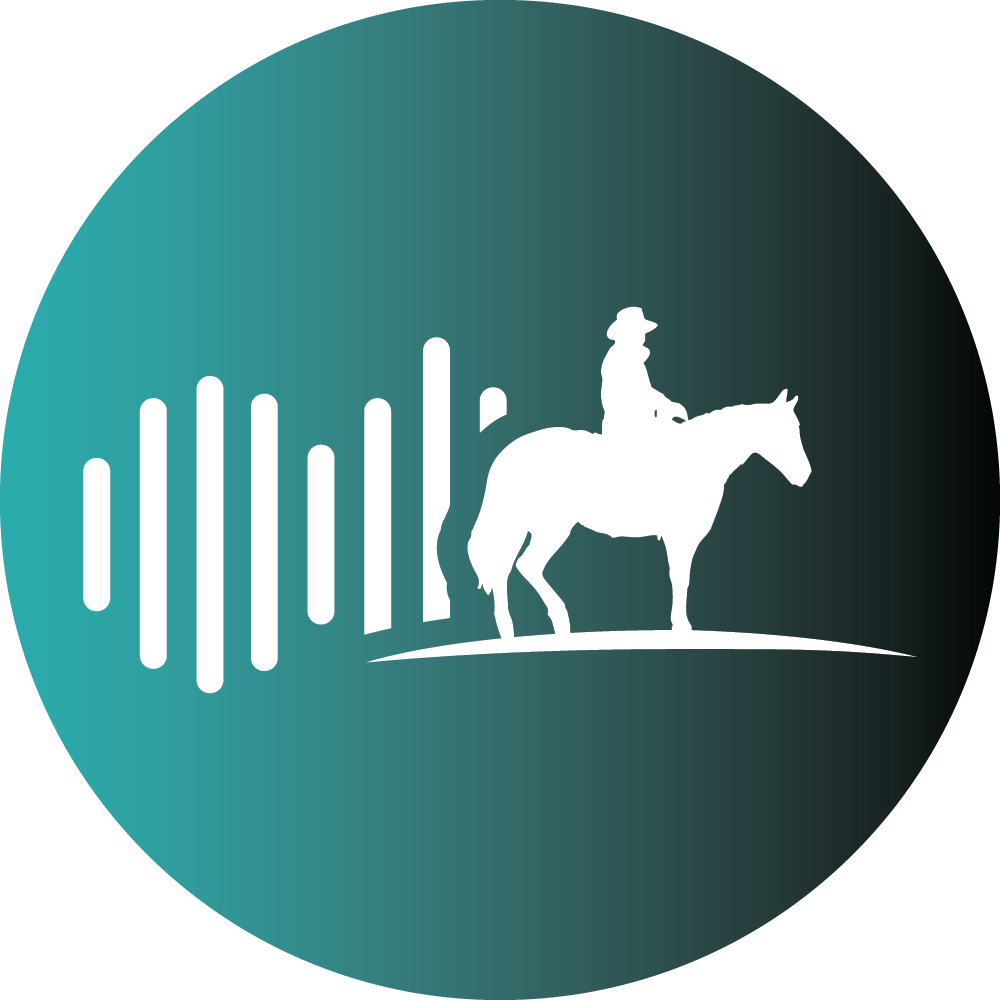By Patrick Straub EBS FISHING COLUMNIST
For the past seven summers, as the former owner of one of Big Sky’s busiest fly shops, my days were spent arranging fishing trips for others, massaging the fragile egos of local fishing guides, and inspiring retail staff to assist traveling anglers by answering, “What are they biting on?” for the umpteenth time during a 13-hour shift.
Thankfully, since selling Gallatin River Guides to a young and enthusiastic outfitter—one that I used to be decades ago—my worries now center around where I’m going to fish next, on my own time and with family, friends and people I chose to be with.
I’ve known for years that going fishing is certainly more than going fishing, but, now that my life is less constrained by profit margins on elk hair caddis, fishing guides concerned about another day with a beginner and whether a thunderstorm up the Taylor Fork will blow out the Gallatin, I can now step back and enjoy fishing for exactly what it is meant to be: providing a respite from the daily routine and a chance to disconnect from distractions and connect with others or a resource.
In case you need a nudge, here are some tips to help you connect by disconnecting and going fishing.
Schedule fishing time. This sounds too practical for a column about being unconventional. But, leisure time in our busy lives can be hard to find. If I commit to blocking out time for fishing despite having to schedule time, it frees my mind and I am able to enjoy my fishing more. For summertime angling, choose early mornings or late evenings. Casting a single dry fly as the sun rises or sets in the Gallatin Canyon is simply good for the soul.
Create a fishing phone tree. This may sound childish, but write down a list of folks with whom you would enjoy going fishing. Include friends or work colleagues; also include friends who may own a boat. In fact, learn to row a boat well and your opportunities to go fishing will increase ten-fold.

Subscribe to email lists at your local fly shops. Being informed is a good way to take advantage of what little extra time you may have. Sure, you will get barraged with why you need to spend money on the hot new fishing rod, but I’ve read nearly all of the area fly shop newsletters many times and each one has some sort of update on current conditions.
Bring your kids or spouse along. There are times when fly fishing should be about solitude. But consider bringing along your kids or your spouse and you get time to fish and time with them. That is a win-win. However, be sure to adjust your mindset, because unless your family consists of die-hard anglers, choose your fishing location and time wisely—a long hike in the cold and rain may lead to 20-inch fish eating dry flies, but not everyone in your family may think that is as cool as you do.
Be okay with getting skunked every now and then. As anglers, the best way we learn to appreciate what we enjoy the most is to broaden our angling experiences. Whether that is fishing some new water and learning we’re not quite good enough to prospect on our own or spending an hour changing flies or changing presentations to catch just one rising fish, getting a little dirt kicked in our face is a great way to improve our angling skills or progress to a higher level of angling appreciation. If it were easy it’d be bait fishing, right?
It is not always about the fish. Disconnecting from our busy lives is essential to a life well-lived. But, the questions upon returning home or back to the office are inevitable: “What did you catch?” or “What was the biggest fish you caught?” Our nature wants us to be able to say a lot and they were all big. But, if you only fish for quantity and size you will miss the moments when a deer may slip to the shoreline and sip, an osprey hovers above searching for dinner or the way sunlight looks the moment before it disappears for another night.
Patrick Straub is a 20-year veteran guide and outfitter on Montana’s waters and has fished the world over. He now writes and manages the social media for Yellow Dog Fishing Adventures. He is the author of six books, including “Everything You Always Wanted to Know About Fly Fishing” and has been writing The Eddy Line for seven years.













